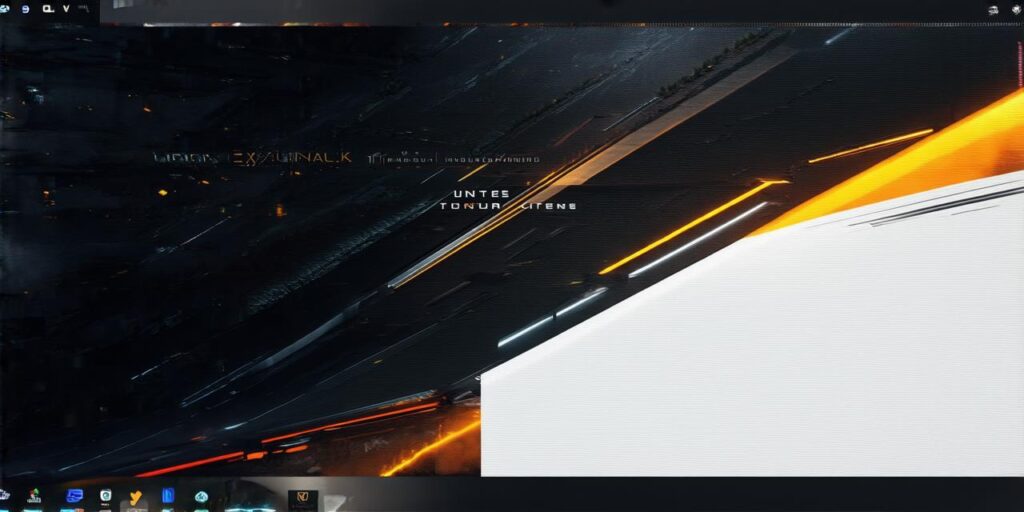Unreal Engine is one of the most popular game engines in the industry, with millions of developers worldwide using it to create immersive and engaging games. However, until recently, Unreal Engine was only officially supported on Windows and macOS platforms. This limited its accessibility to a significant portion of the developer community, particularly those who preferred or needed to develop on Linux systems.
Fortunately, Unreal Engine has now been officially released for Linux, making it possible for developers to create games on this popular platform without any limitations. In this article, we will explore the features and capabilities of Unreal Engine on Linux, as well as some real-life examples of games that have already been developed using this new version.
Getting Started with Unreal Engine on Linux
Before diving into the specifics of game development with Unreal Engine on Linux, it’s important to understand how to get started. First and foremost, you will need to download and install Unreal Engine itself. This can be done from the official Unreal Engine website, where you will find links to download the latest version for Linux.
Once you have installed Unreal Engine on your Linux system, you will need to create a new project. This can be done by clicking on the “New Project” button in the Unreal Engine launcher, which will prompt you to enter some basic information about your project, such as its name and location.
Next, you will need to choose a template for your project. Unreal Engine offers a variety of templates to suit different types of games, including 2D, 3D, and multiplayer games. You can also create a custom template if you have specific requirements for your project.
Features and Capabilities of Unreal Engine on Linux
Unreal Engine on Linux offers all the same features and capabilities as its Windows and macOS versions, with the added benefit of being able to develop on a wider range of platforms. Some of the key features of Unreal Engine on Linux include:

-
A powerful editor that allows you to create, edit, and test your game in real-time.
-
Support for a wide range of scripting languages, including C++, Blueprints, and Python.
-
Integration with a variety of plugins and third-party tools, including physics engines, animation systems, and AI frameworks.
-
Support for both 2D and 3D game development, including support for virtual reality (VR) and augmented reality (AR) technologies.
Real-Life Examples of Games Developed with Unreal Engine on Linux
Now that we have a better understanding of the features and capabilities of Unreal Engine on Linux, let’s take a look at some real-life examples of games that have already been developed using this new version.
-
Gears 5: The game development team behind Gears 5, Microsoft Studios, used Unreal Engine on Linux to develop the game’s multiplayer modes. This allowed them to take advantage of the power and flexibility of Linux systems, while still being able to create a game that was compatible with a wide range of platforms.
-
Valve’s Half-Life: Alyx: Valve used Unreal Engine on Linux to develop their virtual reality (VR) game, Half-Life: Alyx. This allowed them to take advantage of the power and performance of Linux systems, while still being able to create a game that was compatible with a wide range of VR hardware.
-
Ubisoft’s Assassin’s Creed Valhalla: Ubisoft used Unreal Engine on Linux to develop their action-adventure game, Assassin’s Creed Valhalla. This allowed them to take advantage of the power and flexibility of Linux systems, while still being able to create a game that was compatible with a wide range of platforms.
-
Epic Games’ Fortnite: Epic Games used Unreal Engine on Linux to develop their popular battle royale game, Fortnite. This allowed them to take advantage of the power and performance of Linux systems, while still being able to create a game that was compatible with a wide range of platforms.



